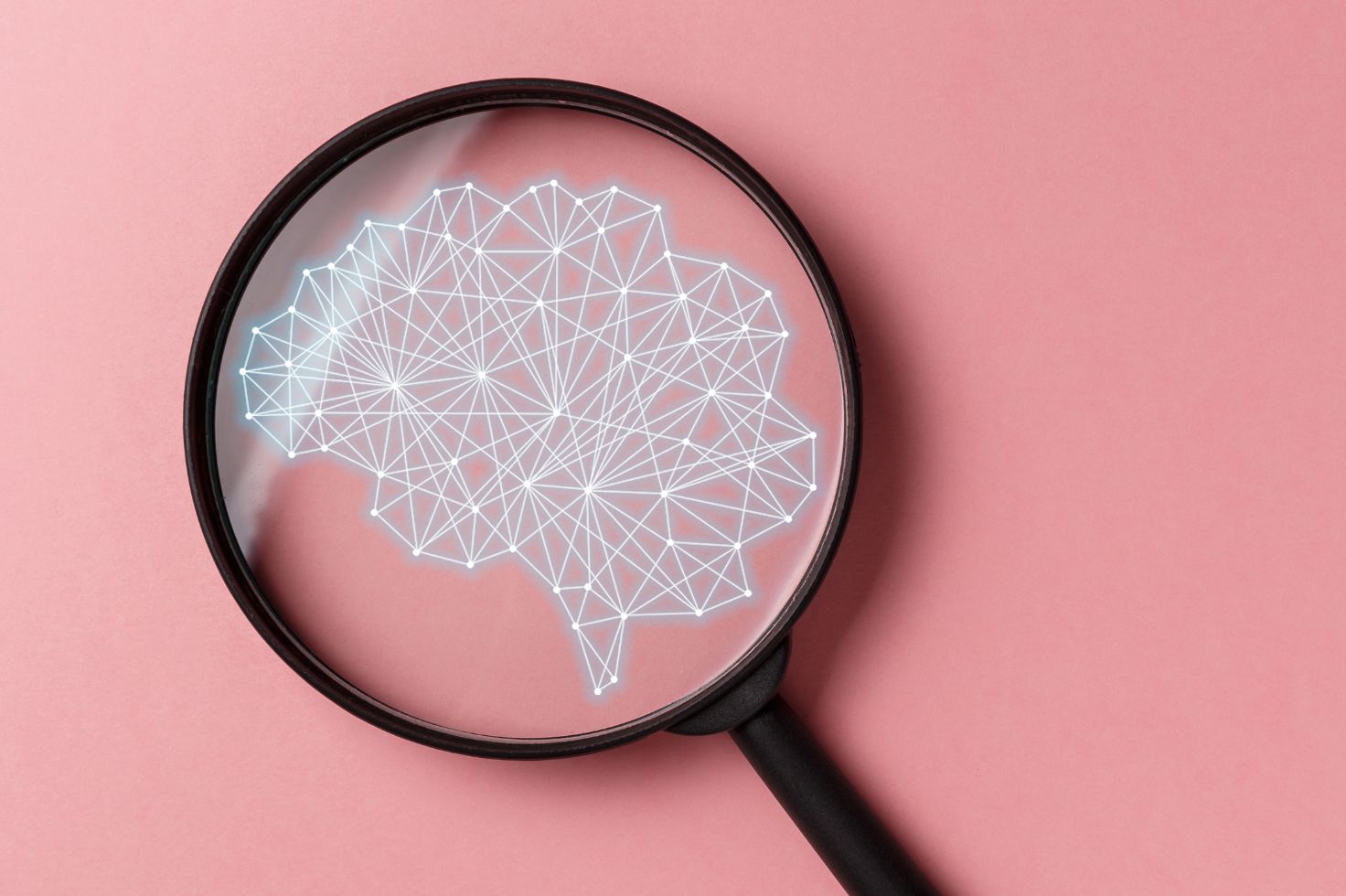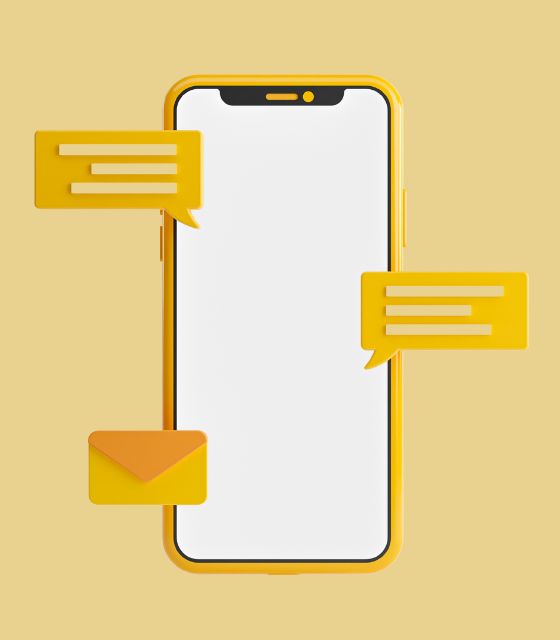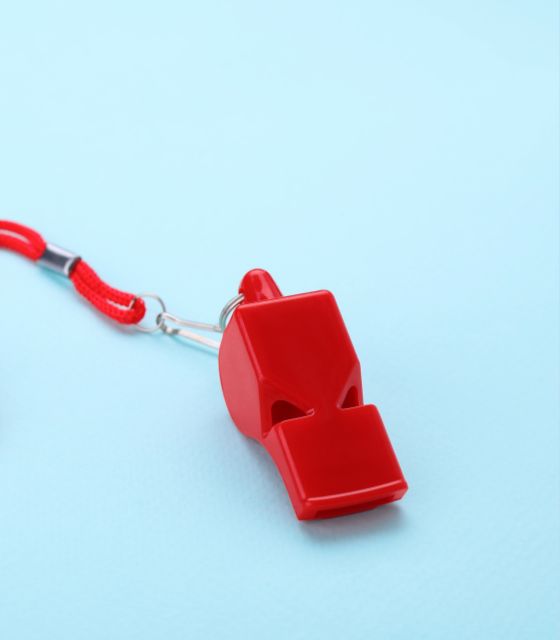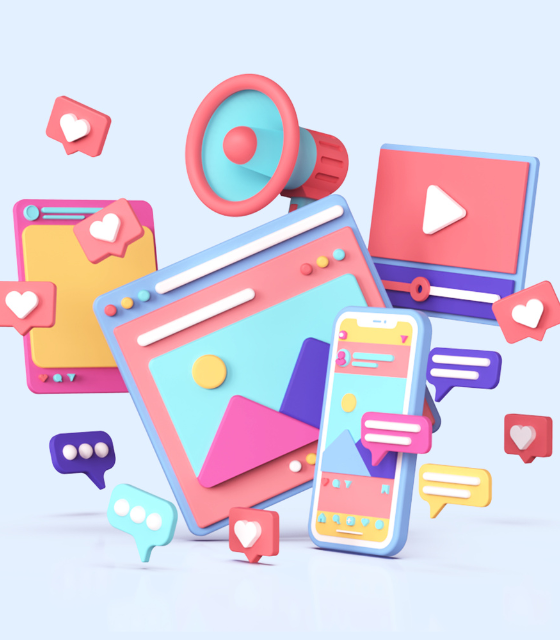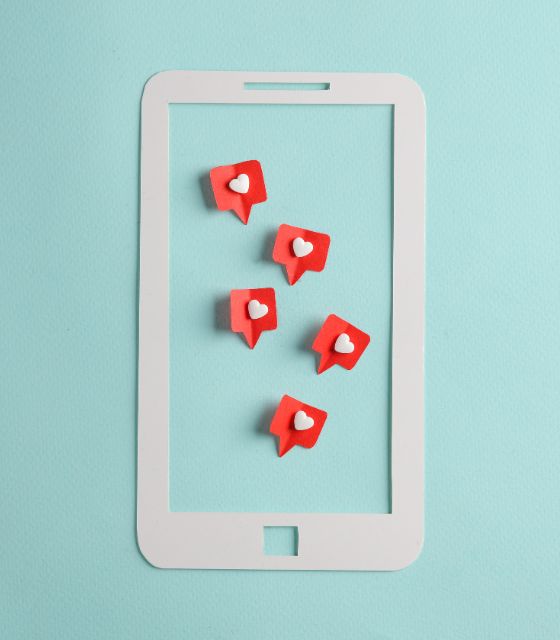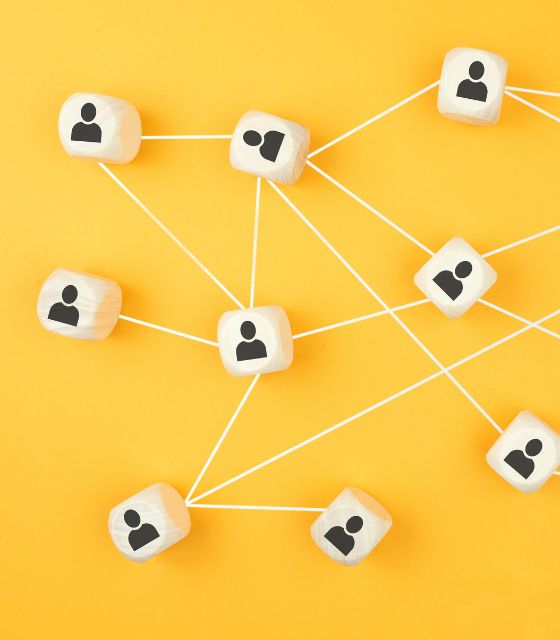Artificial intelligence is taking over the media industry, or so platforms like ChatGPT would have you believe. While AI is still a far way off from becoming a true labor replacement, it is understandable that people (and specifically marketers) are worried.
There are a variety of ways to use AI in marketing to make processes more efficient or to save time on monotonous tasks. Marketers are, understandably, excited to take advantage of this new technology, but they need to be aware of the risks associated with certain AI use cases.
With new technology comes an important discussion around the ethics and practicality of evolving capabilities. In the case of AI, that conversation has been put off too long. In having that conversation, it’s important to examine how AI technology can be utilized and the consequences of its implementation in order to determine how it should be used.
Artificial intelligence can refer to many different things; it can be a feature of a larger software initiative – allowing for data tracking and prediction, or it could be an automated chat bot. The term, at its core, refers to technology that learns from information.
In marketing, there are many use cases for AI, from content creation to data analysis. Some of these use cases are beneficial, while others potentially have more downfalls than benefits.
In a recent study from McKinsey of the 400 most advanced use-cases for AI, marketing was determined to be the industry where the technology has the greatest potential value. Not only that, but marketing departments globally are already adopting AI in their daily practices – working to improve strategizing, planning, and content creation.
So, of the many marketing use cases available, which are truly beneficial and which are better left behind?
The right ways to use AI
There are several impactful use cases for artificial intelligence in marketing.
Targeting
One exciting use case for AI in marketing is to better target new audiences. AI can process data in order to generate predictions and assist marketers in finding new audiences and creating strategies to help reach them.
Data analysis
AI can be used to not only collect data, but to process that data and provide marketers with accurate predictions. This can let marketers easily know what strategies are working and how they need to adapt. According to a 2021 SEMRush study 48% of companies were already using AI to process their data and this number continues to climb.
Customer relationships
Another common use case is related to Customer Relationship Management (CRM). This isn’t surprising given the popularity of customer service chat bots. Chatbots reduce time and money spent on easily resolved customer service issues. Companies like Ada, and Intercom are great examples of companies pioneering new AI powered customer service solutions that truly show AI’s potential in the customer service space.
The wrong ways to use AI
Creative roles are the primary use cases where AI simply fails to meet organizations needs.
Content creation
While AI can be a handy tool for content creators, it cannot be relied upon as the sole tool or as a replacement for existing team members. There are several reasons why using AI for content creation is a bad idea. First and foremost – AI generated content stirs up far more controversial than it is worth.
For instance, CNET recently paused publication of AI generated articles after facing backlash when readers noticed the disclosure on their stories. Secondly, there are major copyright implications to using AI for content creation, with a US federal court upholding the president that AI generated works do not qualify as intellectual property.
Design
Similar to content, AI can be a useful tool in design. Many image editors and other design software programs already use AI in their functionality. But it cannot replace human work quite yet. Why? For the same reason artificial intelligence shouldn’t be relied upon for content generation – copyright.
Another reason creative roles simply cannot be replaced also boils down to the very nature of AI. AI is only as smart as the information provided to it. If new articles and cutting edge design came to a halt, or if too few people introduced new concepts, then AI would cease to learn and the creative process would stagnate.
Copyright and AI – what to consider
As previously mentioned, copyright is a major consideration when using AI and there are two main artificial intelligence use cases in marketing where copyright is a primary concern: content creation and design.
While AI is a handy tool for content creators, it cannot be relied upon as the sole tool or as a replacement for existing team members. Both written and visual content has copyright – meaning it belongs to its creator (whether that be an individual or corporation) unless otherwise licensed. The issue with AI created content is that AI generated images don’t have copyright, and its future legal implications are still murky.
Copyright is critical. It is copyright that stands in the way of other companies taking one’s work and using it however they please. And it is Copyright that makes taglines and logos company property.
This legal framework protects marketers from the misuse of intellectual property and makes it easier for them to keep their brand identity safe from those that would seek to smear it.
As more industries look to AI as a way to save time and money, it is crucial that they consider the legal ramifications of taking these shortcuts.
What is copyright
Copyright refers to the ownership of creative works and intellectual property. This ownership is protected by various legislation from country to country. These rights are protected in the US by the Copyright Act of 1976 (and subsequent amendments)and in Canada by the Copyright Act.
This legislative framework protects material from being copied, sold or shared without permission, and from being marred by misuse. These laws are critical for marketers, who need to protect their brand from would-be copy-cats and smear campaigns.
AI misuse means lost copyright
A recent Sarah J Maas book cover led to controversy when it was revealed to have used an AI generated image for its cover. But it’s not just controversies that marketers need to consider – depending on the specific case, AI generated images may be impossible to copyright.
According to the world intellectual property organization (WIPO): “most jurisdictions, including Spain and Germany, state that only works created by a human can be protected by copyright.”
As this technology evolves, WIPO theorizes that there are only a couple of ways in which current law can address AI generated creative works: “It can either deny copyright protection for works that have been generated by a computer or it can attribute authorship of such works to the creator of the program.”
Thanks to a recent decision by a US federal court, AI-generated art also cannot qualify for copyright protection in the United States. This ruling falls in line with another recent ruling which stated that AI created works could not be trademarked or patented.
This created a major issue for marketers who use AI as a sole producer of creatives. Their work cannot be copyrighted – it either belongs to no one or, more unfortunately, to the developer of the AI tool they’ve used.
In the case of the Sarah J Maas book, this legal framework meant that cover itself was able to be copyrighted due to additional text and edits added to the cover, but the image the book cover was created from still remains public domain. Simply remove the text from the cover and it is entirely up for grabs.
It is essential that organizations fully understand this legal framework before deciding to use AI in any of their creatives.
Although, they shouldn’t be scared away completely. There is absolutely still a use-case for AI in content creation, but it lies within the use of tools rather than the replacement of human creation. Not only is human creativity a valuable asset, but at the moment it is essential for copyright.
New technology should always come along with discussions surrounding its appropriate use, and AI more so than others. Artificial intelligence brings with it heavy questions surrounding ethics, art, and even copyright.
It is essential to consider the potential applications of technology and the repercussions of its implementation in order to establish appropriate usage guidelines when deciding which ways to use AI are best for your organization. By considering these implications, brands can avoid getting caught in ethical cross-wires and take advantage of new tools without unnecessary baggage.
To see more from illumin, be sure to follow us on Twitter and LinkedIn where we share interesting news and insights from the worlds of ad tech and advertising.

